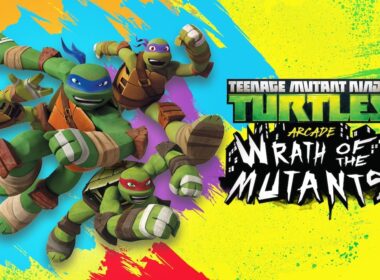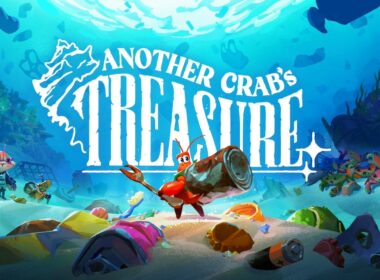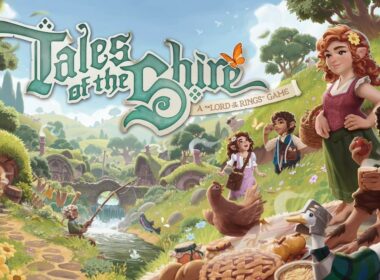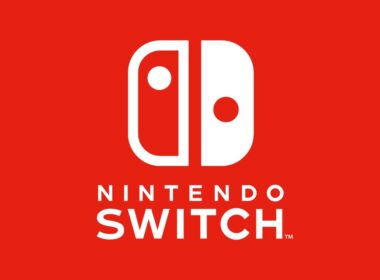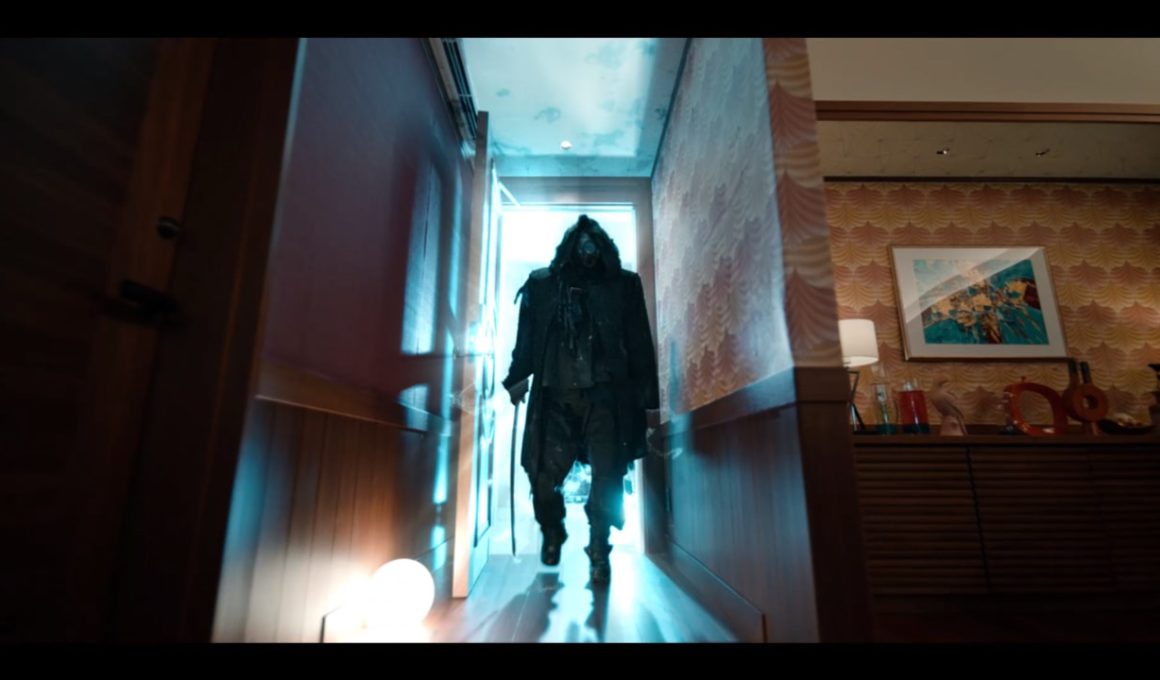Kazutaka Kodaka is well known by visual novel fans, having created the popular Danganronpa series during his time at Spike Chunsoft.
After the series concluded in 2017 Kodaka-san decided to open a new studio with some of his friends and colleagues, Too Kyo Games, to develop more unique adventure games. Their first title, Death Come True, was a short but enjoyable FMV game that launched earlier this year. We enjoyed it quite a lot and you can read our review of it here!
They have two more games currently in development: World’s End Club and Tribe Nine, as well as an anime titled Akudama Drive. As a massive fan of his work for years, I’m quite excited to see the future projects of Too Kyo Games. Which is why when I learned that Nintendo Insider got the opportunity to interview Kodaka himself, I was beyond stoked.
We conducted the interview over email, with a translator acting as an intermediary. It was an honor to get an opportunity like this, thank you Too Kyo Games and Kodaka-san.
Nintendo Insider: When writing a story, do you start with an ending in mind and work back? Do you ever feel as if you have to surpass yourself with each new work?
Kazutaka Kodaka: When writing a scenario, keeping the budget in mind, I begin by thinking about the opening scenes. No matter how interesting the content is, if you can’t realize the story within the constraint of the budget then it doesn’t mean a thing. Plus, seeing as it’s the first thing users encounter in the game, I pay special attention to the opening.
When creating something, I don’t pay any attention to my previous works, because the budget and type of user is different each time. Apart from that, I tend to think about the kind of audience I want to appeal to, and how I can satisfy them.
NI: Danganronpa V3, your last major work before Death Come True, was very divisive but it was admirable how you decided to end the series on your own terms. Has working on the series changed how you view the fiction you consume? Or more importantly, the fiction you work on?
KK: I’m not sure whether the Danganronpa series is finished…
As for V3, all the staff, myself included, gave it our best shot. It just turned out to be divisive, that’s all. Well, I thought it might end up that way…
Speaking of fiction, I’ve got so many different thoughts so it’s difficult to sum them up in a few words. With each project, I accumulate all kinds of ideas. When I’m in the process of creating something, I’m completely immersed in the world I’m building. One thing I can say is that fiction can change someone’s life, and if someone feels love in response to that, that emotion is very much the real thing.
NI: Death Come True’s UI elements and style made it stick out amongst other FMV games. Were those decided before filming or chosen to fit after it had wrapped up?
KK: I’d thought about the UI elements before filming started when I started working on the scenario. Creating an FMV as a game creator, I felt the need to make it feel game-like.
NI: From watching the behind the scenes segments of Death Come True, it seemed that everyone involved had a lot of fun working on it. What was your favorite part of developing the game, and would you like to work on another FMV game in the future?
KK: For the most part, on the projects I’ve been involved in, everyone has enjoyed the process of creation. That’s a bit of a boast, haha! During the development of Death Come True the most enjoyable thing was definitely filming the dramatic elements. After all, it was the first time I’d made a live-action movie. If there’s another chance to make an FMV game I’d like to try. There were loads of things I learnt the first time round.
NI: Was Death Come True initially pitched as an FMV game, or was it envisioned to start as something else?
KK: Once it had been decided that we’d be making an FMV title, I had to come up with a plot. There wasn’t much time available, so I ended up making use of an idea that I’d had on the back-burner. Originally it was about an ensemble cast of people who time-leapt when they died. The setting was initially a town rather than a hotel. I used part of that idea for Death Come True.
NI: I appreciated the push to release Death Come True worldwide with subtitle support for multiple languages. I imagine this was due to Danganronpa being a success in the west. Did you imagine you’d have such a large western following and do Too Kyo Games intend to continue to push for worldwide releases?
KK: Fundamentally, that’s something the publisher handles, but certainly of late, most publishers are pushing for support in multiple languages and worldwide releases. At Too Kyo Games we make story-driven games and for both me and Kotaro Uchikoshi, having a worldwide following to a certain extent is one of our traits, so I think a worldwide release was expected of us. Ultimately it depends on the length of the scenario, but ideally I’d like to offer support for as many languages as possible.
NI: Your games up to now have mostly been mystery focused, is that the genre you prefer to play the most in your free time?
KK: Up until now there haven’t been a lot of mystery games, so I’ve been reading mystery novels.
I play all sorts of games. The mystery structure can accommodate all kinds of stories, so whatever I’m working on, I always have the mystery format in mind.
NI: Every creator I’ve had the pleasure to speak with tend to have a handful of formative works (film, literature, video games, etc.) that defined or inspired their writing style. What were yours?
KK: I don’t like grotesque scenes or gore, but I like works in which people simply die. Looking at the kind of plot devices and developments unique to those kinds of media stimulates my imagination.
NI: Death Come True has a definitive ending, but there seems room to make more games in the same universe. Would you like to do that, if given the chance?
KK: For the time being, the Death Come True story has been brought to a close, so I don’t really think about taking it any further. Even if there’s an aspect I felt we could have done better, I feel like it’s more entertaining for users to apply what we learned to future projects rather than flesh out a previous project.
NI: Based on your past games, it seems you’re very interested in the concept of Virtual Reality. Danganronpa even had a tech demo for VR. Do you think we’ll reach a point soon where full length, story-driven games can be successfully told in VR?
KK: Immersion requires the ability to concentrate, so an overly long story-driven VR game seems like it would be difficult. On the contrary, I feel like a game with a similar scope to Death Come True would work well in VR. It’s something I’d like to work on someday.
NI: Death Come True shows that you have a talent for directing film. What are your favorite films, and have you ever considered making one yourself after your experience developing this?
KK: That’s all thanks to the movie director and camera operator’s skills. I like all kinds of films, but I get a lot of inspiration from Tarantino and the Coen brothers. I don’t think I want to make a film myself. I’m no good with early starts, and I’m not sure I have the endurance for it.
NI: Death Come True is a lot more grounded than your previous games, and I felt that fit the new presentation style very well. Was this intentional?
KK: As this was a live-action work, it’s definitely something I was conscious of. Including any exaggerated action scenes would have been tricky, and I felt I had to emphasise the actors’ on-stage interactions.
NI: How much did Death Come True grow and evolve from its initial conception? Were there any ideas you wished had been fleshed out more, or cool endings that had to be cut?
KK: Due to the filming circumstances, we had to confine it to a single location as much as possible. The final scenario was the result of modifying the original idea to work completely within the framework of the hotel as a setting. The ending was the same as the one I’d had in mind from the start, but there was a lot that was cut from the intervening scenes. In total, I’d say there was about 20-30 minutes of cut footage.
NI: Do you ever revisit games you’ve worked on before? Do you find there are elements of them you can learn from?
KK: I tend not to revisit games once they’ve been released. Although I do go back and read through the script if I’m working on a sequel.
NI: Are there any upcoming games you’re looking forward to, and have you played any recently that have stood out to you?
KK: I’m really looking forward to Cyberpunk 2077. I love the world of cyberpunk, and I’m actually having a go at cyberpunk myself with my work on Akudama Drive. One game I enjoyed recently was Control. The scenario was too complex, but the art direction and production were fantastic.
NI: I have to thank you for taking the time to answer these questions. You’re one of my favorite game directors out there, and I’ve always admired how much you push the boundaries of using the video game medium to tell meaningful stories. Is there anything you wish to say to your western fanbase?
KK: I’m going to be working on more challenging projects from here on out. I don’t know whether they’ll prove popular or not, but I can guarantee they’ll be fun to play, so keep a look out for what Too Kyo Games has to offer.
Death Come True is now available on the Nintendo eShop for Nintendo Switch worldwide.

